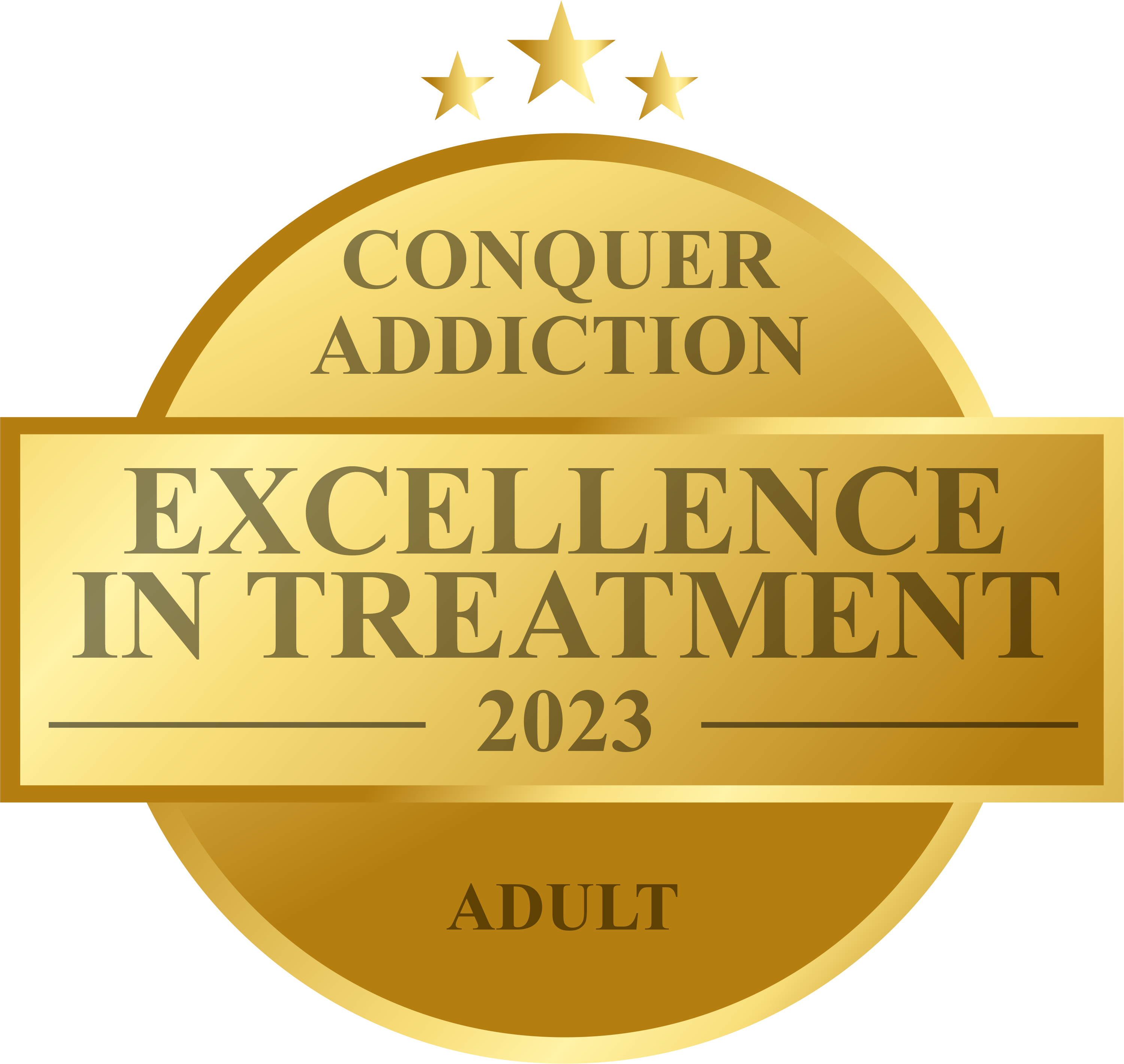
You might often imagine someone meditating as being “out of it.” However, when it comes to mindfulness meditation, it’s usually the exact opposite. The goal of mindfulness meditation is to bring you to a closer awareness of your own body and mind than you’ve ever had.
Mindfulness meditation is a form of awareness that has been highly researched. At its core, it’s a way to gain better control of the brain and its functions. Mindfulness meditation has been clinically shown to be beneficial in improving memory, enabling creativity, and overcoming pain. So how can it help you as you strive to overcome addiction?
You might often imagine someone meditating as being “out of it.” However, when it comes to mindfulness meditation, it’s usually the exact opposite. The goal of mindfulness meditation is to bring you to a closer awareness of your own body and mind than you’ve ever had.
Compassionate Self-Regard
One of the biggest challenges of addiction is how we view ourselves. We often see clients who are stuck in a cycle of self-denigration, claiming that they don’t deserve the benefits of overcoming addiction and living sober. They’ve gotten used to an idea that they’re not good enough to succeed or thrive. On the other end of the spectrum, we might find clients who believe there’s nothing wrong with the things that they did to hurt themselves and their loved ones. The stress of addiction can make us reach for justification and cling to it, no matter how illogical it is. These two extremes often feel like the only options for individuals recovering from addiction. However, mindfulness meditation can help us cultivate another path.
Compassionate self-regard is the art of looking honestly at yourself: your actions, your past, your emotional scars, and your desires. With this honest look comes compassion and forgiveness as you acknowledge your own limitations and weaknesses without judgment. Through that acknowledgement, we can pinpoint areas where we can do things differently in order to work towards a goal.
Craving Surfing
One form of mindfulness meditation was specifically developed to help individuals healing from addiction. In this meditation, we acknowledge that addiction is a physical process that happens to our body. We use our minds to scan the symptoms of cravings as they come, tracking their progress and understanding that they will also pass. Most physical cravings can peak and diminish within 30 minutes or less. This is an excellent way to defuse cravings. We’re not denying their existence, but we’re also not giving them power over us.
Emotional Regulation
Individuals who struggle with addiction often have a difficult time with emotional regulation. Sometimes, this is because of a pre-existing mental condition like anxiety, trauma, or depression. However, we can also get into the habit of controlling our own emotions with substances, which means that we eventually rely on a drug in order to tamp down anxiety, drown anger, or stimulate an escape from boredom and reflection.
Instead, mindfulness meditation offers a healthy alternative, giving us a powerful way to monitor and control emotions, instead of letting them control us.






Comment